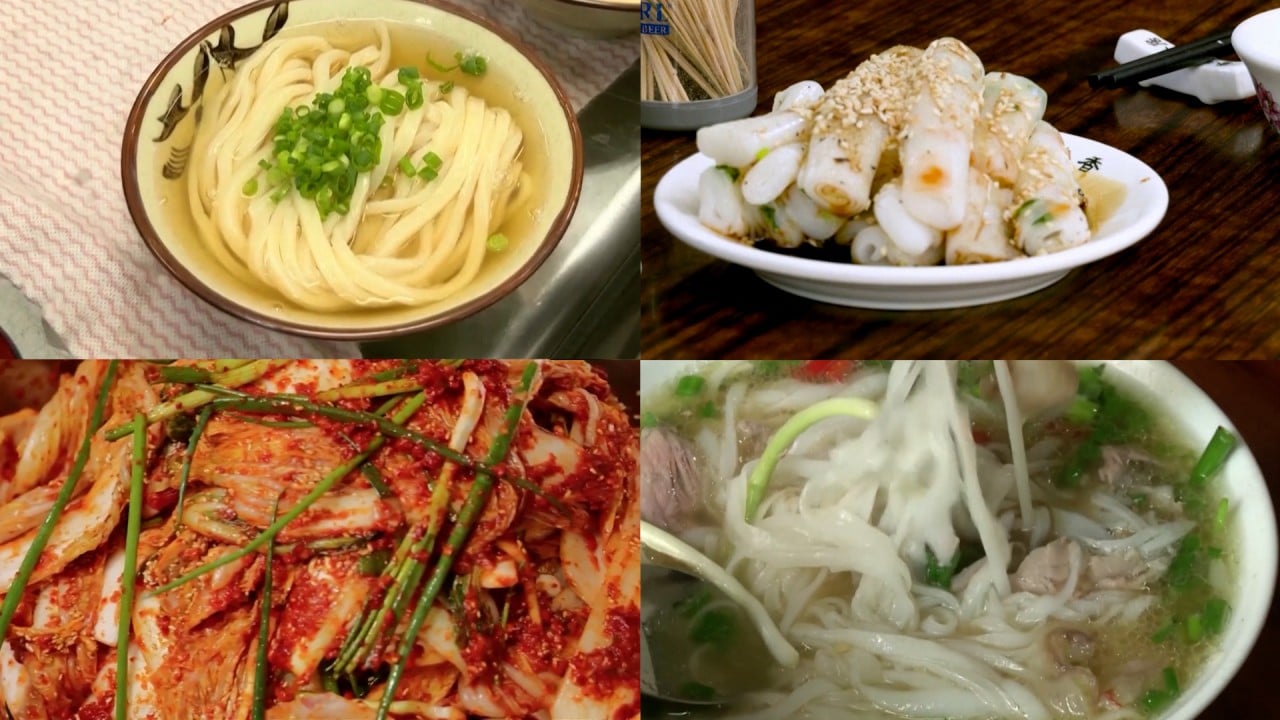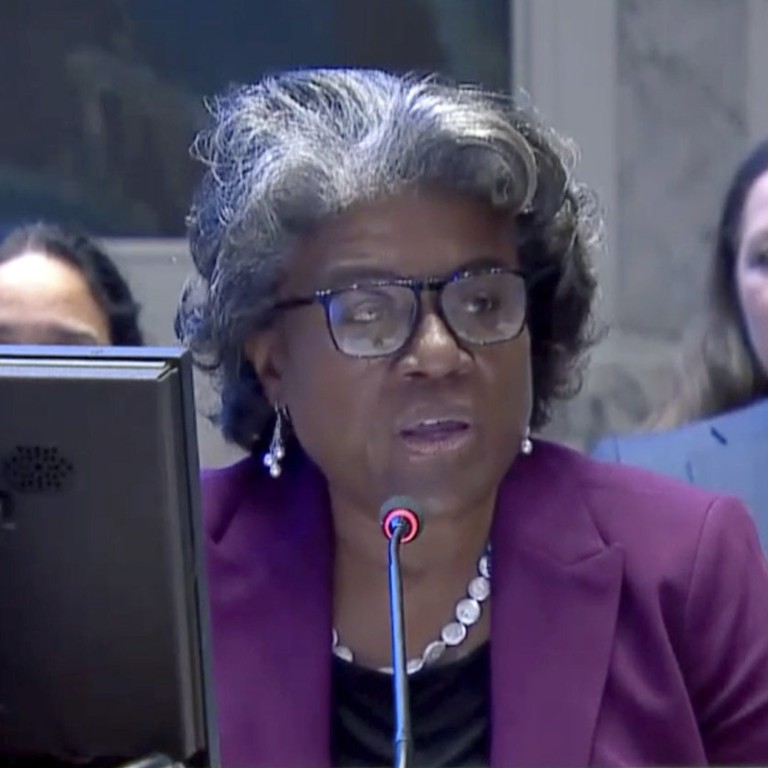
Ukraine war: US agenda for UN Security Council includes digital technology and isolating Russia
- Ambassador Linda Thomas-Greenfield discusses the priorities for Washington as it assumes the council leadership for a month
- US takes the helm as pressure mounts on the UN to limit the war in Ukraine and its global collateral damage
The United States will focus its latest UN Security Council presidency on humanitarian help, food shortages, digital transformation and isolating Russia diplomatically until it ends its invasion of Ukraine, Washington’s top UN diplomat said on Tuesday.
The remarks by Ambassador Linda Thomas-Greenfield came as the US assumed the one-month rotating council leadership after Britain’s tenure ended April 30. While Thomas-Greenfield did not mention China by name, several initiatives she outlined involved Beijing, including efforts to transform the United Nations’ digital approach.
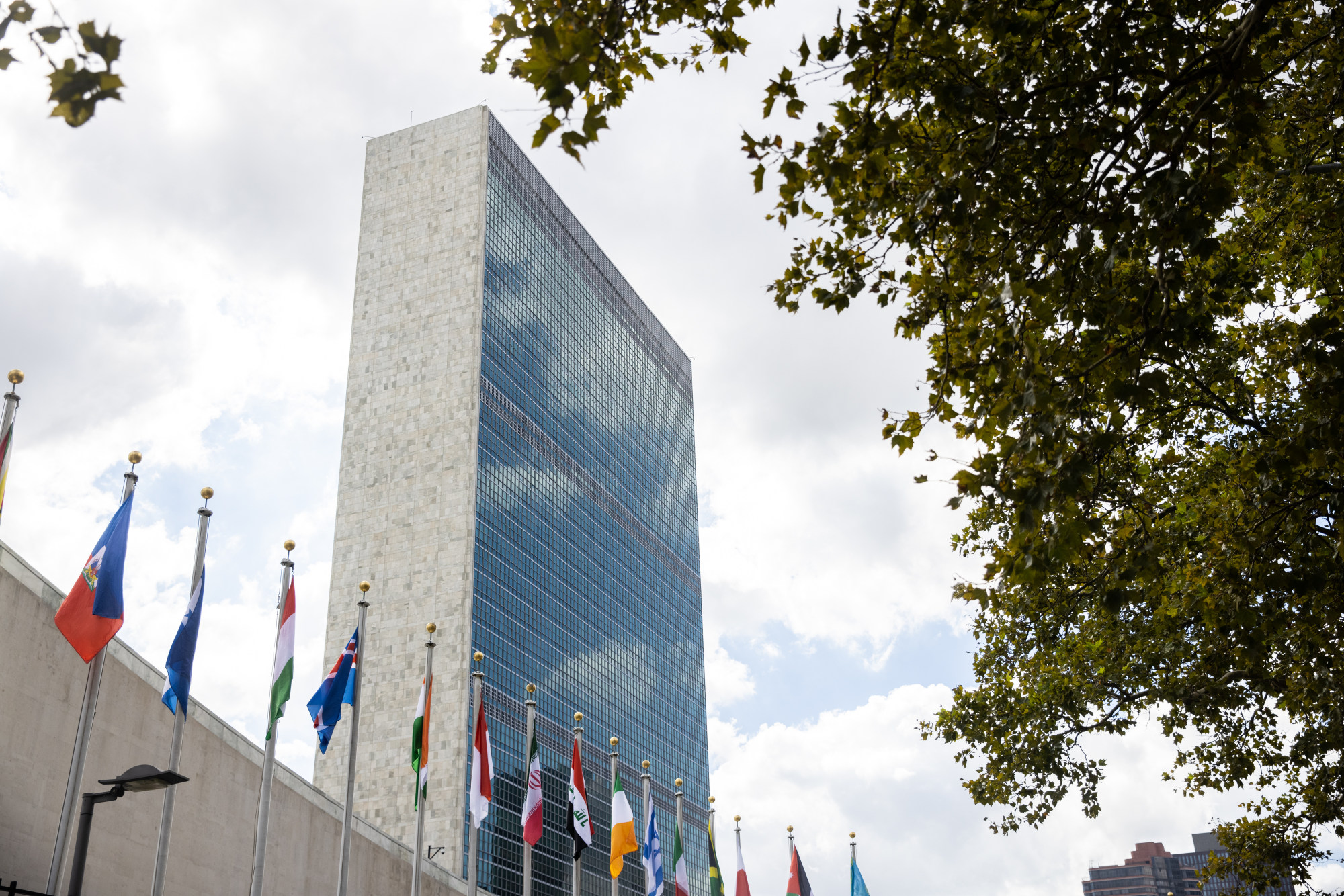
“We have to be mindful of both the benefits and the risk of digital technology,” she said. “Some governments regulate for good and other governments regulate so that they can control what their people do, what their people say, how they move.
“So we want a set of governing regulations that will not allow governments to abuse the human rights of their people.”
China has been a pioneer in the use of facial recognition software, biomedical tracking and censorship to prevent “social instability”, control information and check mobility.
Thomas-Greenfield provided few details on the digital initiative, but said the US would host a May 23 council “signature event” intended to address its use and impact on UN peace and security operations – particularly with an eye towards Ukraine and the spread of misinformation.
The US has strongly criticised Russia for spreading conspiracy theories that Ukraine is home to US-funded biological weapons labs, and has disparaged Beijing for fanning these theories.
We will continue to keep [Russia] on the defensive until they end their brutal attack on the Ukrainian people
“The US has conducted more bio-military activities than any other country in the world,” the Chinese embassy in Washington claimed on Monday in a newsletter.
China also contends that the US and Nato widely spread disinformation and make “groundless accusations to attack and smear China” regarding Ukraine. “The falsehoods, confusing right with wrong, are an attempt to mislead the world,” the embassy added.
Thomas-Greenfield said that the US would also focus on the humanitarian crisis, threat of chemical weapons and Ukraine political situation during its leadership as well as the link between conflict and food availability.
On May 19, the US plans to convene a Security Council open debate on food insecurity and how to ensure it does not fuel new conflicts and instability in fragile states.
Even as Washington and Western allies have marshalled an unprecedented sanctions campaign and three successful General Assembly votes condemning Moscow for its February 24 invasion, they are under growing pressure to address the collateral damage.
Many developing countries face rapidly rising food and energy costs that are leaving millions of people hungry and cold. Russia is a major producer of oil and fertiliser, while Ukraine is a huge exporter of grain.
“Ukraine, as you all know, used to be a breadbasket for the developing world,” said Thomas-Greenfield. “Desperate hunger situations in Africa and the Middle East are getting even more dire.”
As the Ukraine crisis has unfolded, the Security Council has drawn widespread criticism and disdain for its inability to prevent or resolve Russia’s invasion of Ukraine. Diffusing conflicts is the primary reason the UN and the council were created.
Chinese diplomat ‘laments’ deaths in Ukraine attack but doesn’t blame Russia
Closely related is the veto power that the “P5” – the five permanent Security Council members, the US, China, Russia, France and Britain – can wield to block action or denunciations they do not like. The council seats 10 other nations on a rotating basis that do not have a veto.
“The Security Council, for reasons that are built into the system, has failed and will continue to fail on this,” said Keith Harper, a former US ambassador to the UN Human Rights Council in Geneva. “We’ve never had any idea that, were a P5 member to be the aggressor, the system could work.”
Last week, the 193-member General Assembly passed a resolution requiring an assembly debate on any issue vetoed by the council. The move does not require those wielding the veto to defend their action, but it does subject them to potentially embarrassing scrutiny.
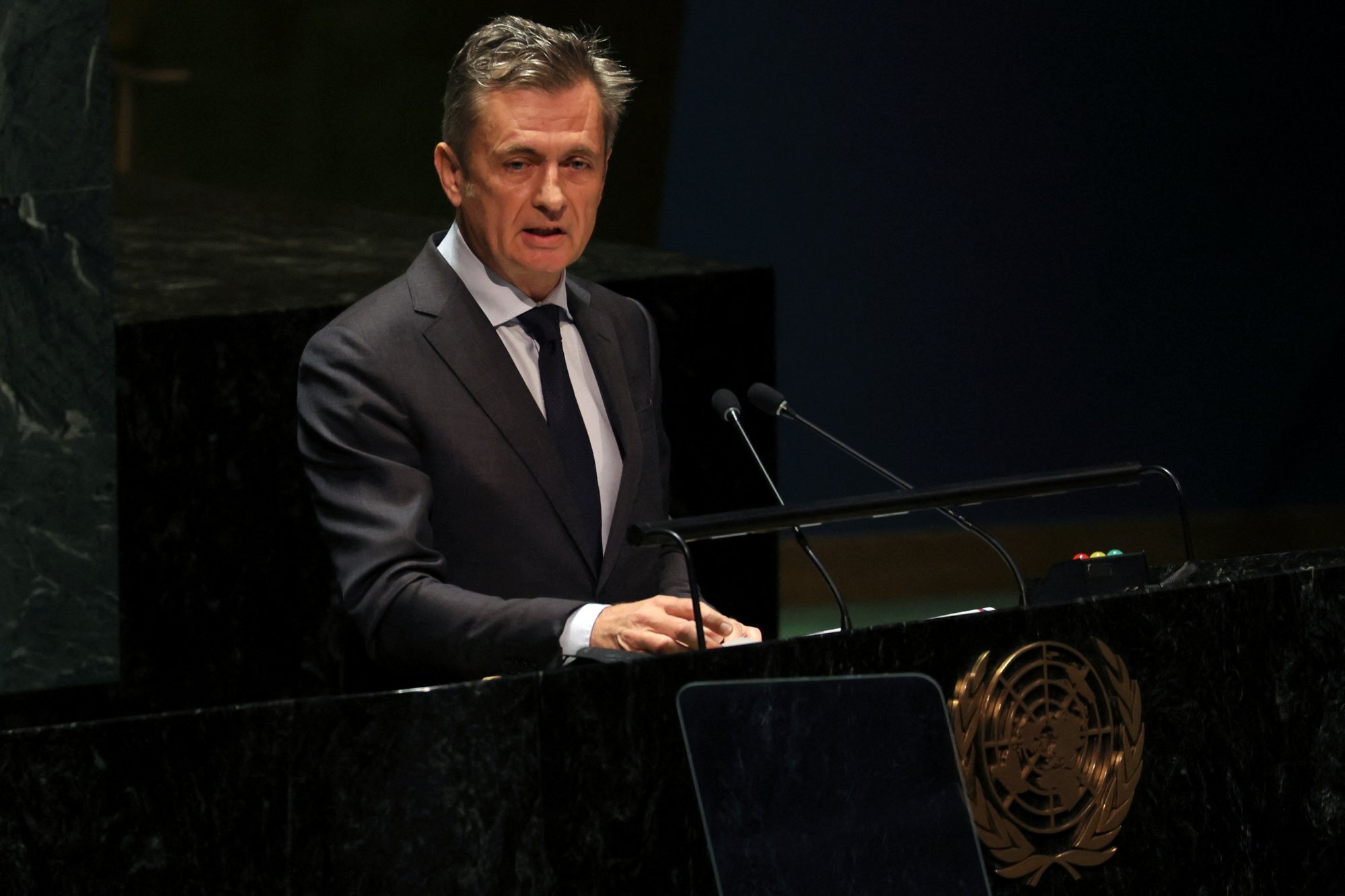
“It’s a very clever, practical move, said Marc Limon, executive director of the Universal Rights Group, a civic organisation based in Geneva. “It increases democratic accountability.
“Will it work? To be seen – but a step in the right direction.”
Russia condemned the resolution, arguing that it upset the UN balance of power. The US, Britain and France touted their responsible use of the veto, without defining exactly what that meant. China was non-committal.
“It is uncertain whether such an arrangement will be able to serve the intended purpose,” the Chinese mission to the UN said on its website.
Between 1992 and February 2022, Russia used the veto 120 times, compared with 82 for the US, 27 for Britain, 17 for China and 16 for France, according to the watchdog group Security Council Report.
Thomas-Greenfield said that the tone in the Security Council since the invasion has become more muted and more uncomfortable socially, with the US and its allies intent on pressuring Russia.
EU, US slam China over Russia ties, alleged falsehoods on Ukraine invasion
“Russia is isolated in the Security Council,” she added. “They are on the defensive and we will continue to keep them on the defensive until they end their brutal attack on the Ukrainian people.”
Although Beijing has generally supported Moscow in the war – refusing to criticise its invasion and blaming US-led Nato’s expansion for causing the war – it has walked a fine line at the UN.
China abstained on two General Assembly resolutions that condemned Russia. And while it supported Moscow’s opposition to a successful motion that removed Russia from the UN Human Rights Council, this was an issue directly affecting its core interests, analysts said.
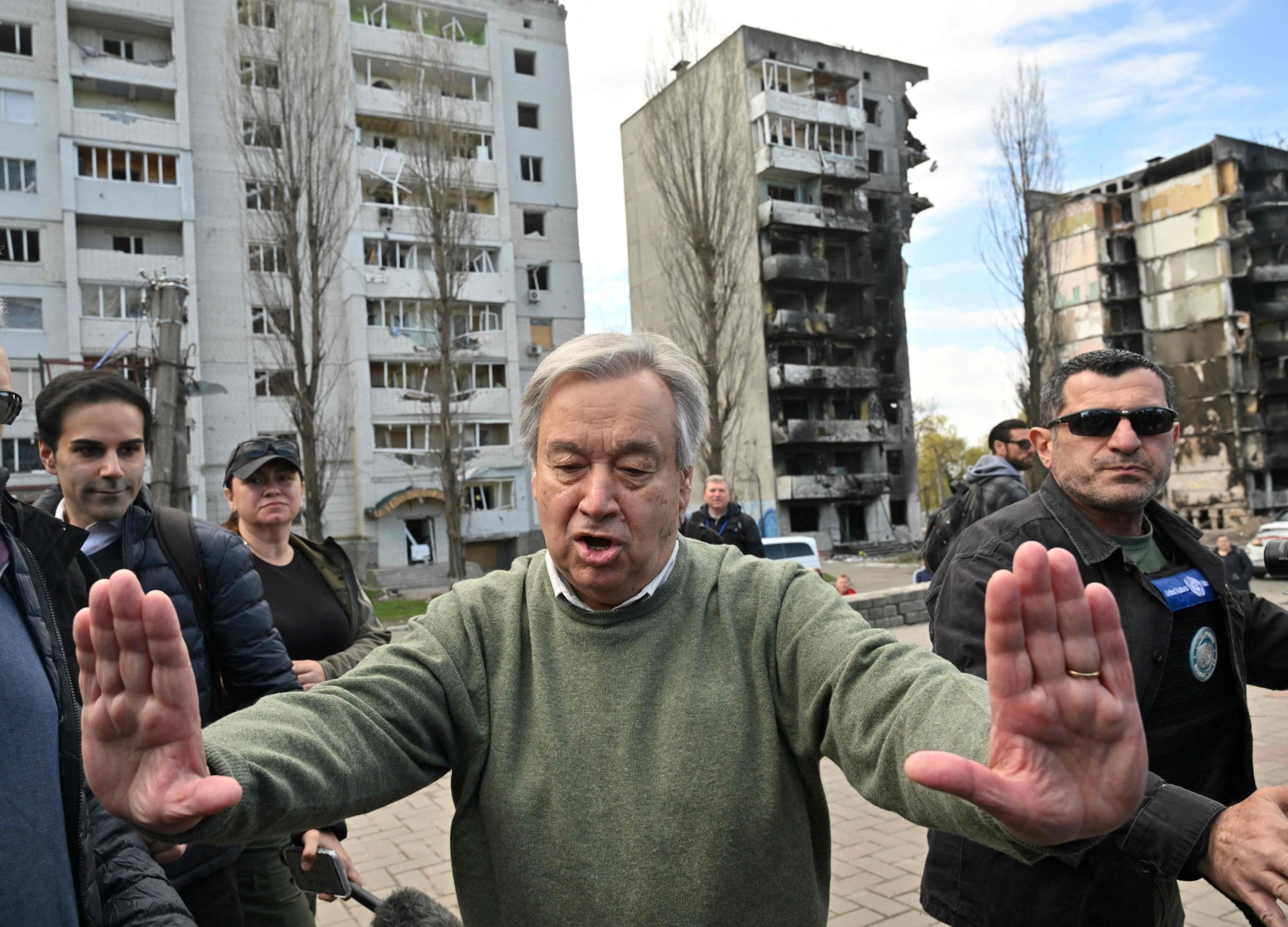
Beijing is concerned it could face the same fate; a UN report on Xinjiang found that some 1 million Uygurs have been held in detention camps that China has termed employment centres.
UN Security Council peacekeeping aside, though, some said other parts of the UN have been relatively effective in providing humanitarian aid, condemning Russia’s actions through the General Assembly, addressing global price shocks and dispatching more than 1,000 UN humanitarian staff to Ukraine.
“The UN system as a whole has actually responded rather well to this war,” Richard Gowan, UN director of the International Crisis Group think tank, said at a recent Stimson Centre event in Washington. “The system is actually doing its best.”


